
- Issue 176
- September 2024
Issue 176
Our survey on what’s coming down the line in the world of transport.
In This Issue

- 176 | Issues
- 4 min read
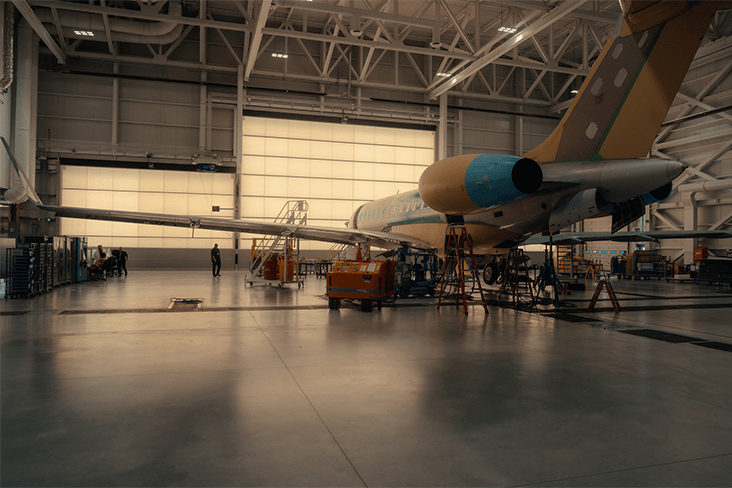
- 176 | Issues
- 7 min read
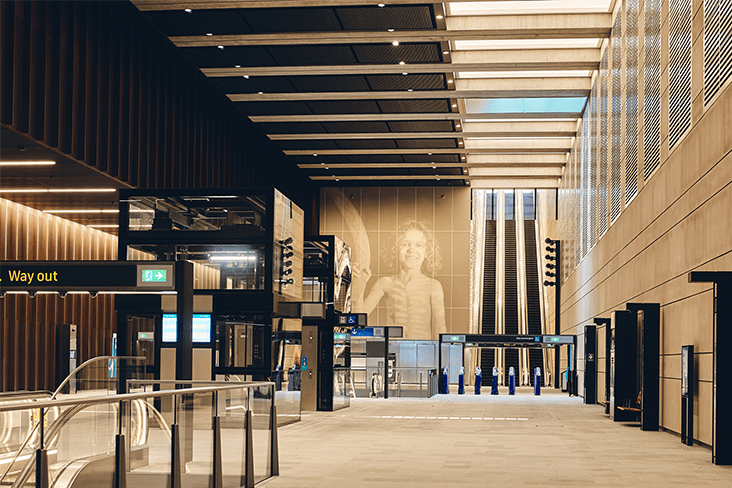
- 176 | Issues
- 6 min read

- 176 | Issues
- 7 min read

- 176 | Issues
- 4 min read

- 176 | Issues
- 5 min read

- 176 | Issues
- 3 min read

- 176 | Issues
- 5 min read
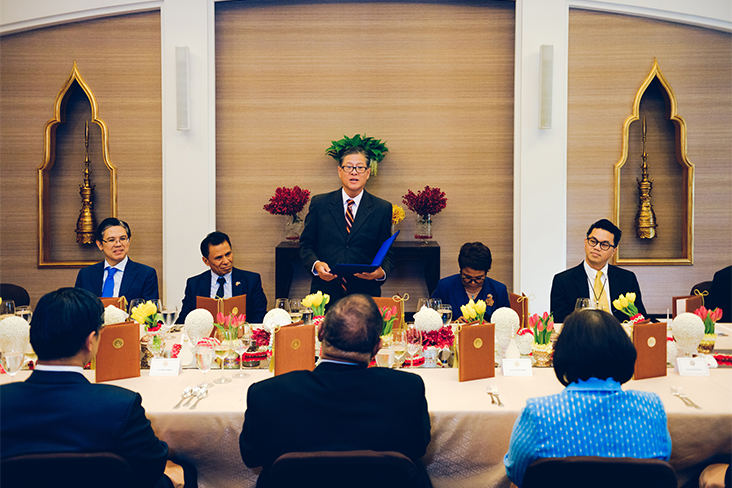
- 176 | Issues
- 16 min read
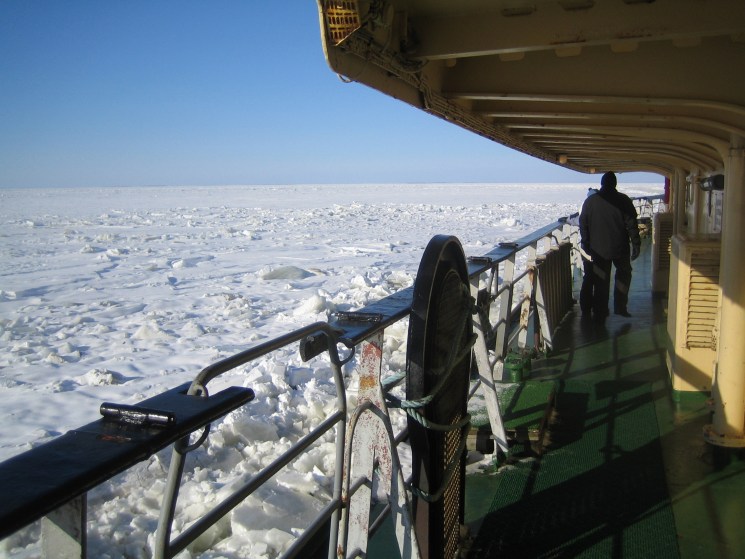
- 176 | Issues
- 8 min read
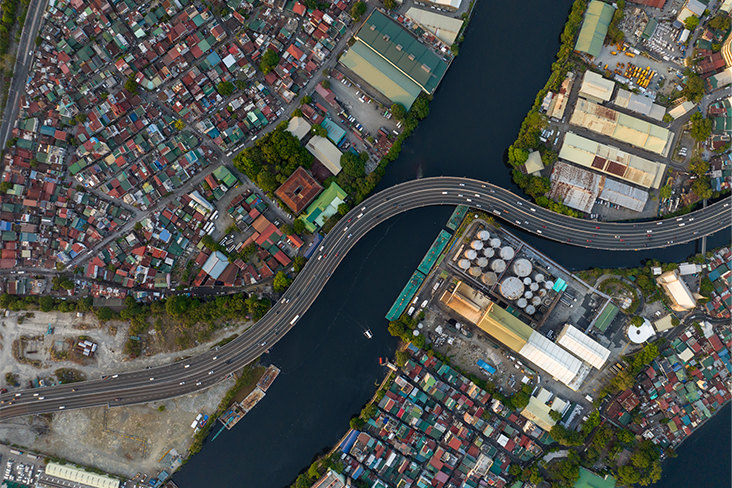
- 176 | Issues
- 9 min read
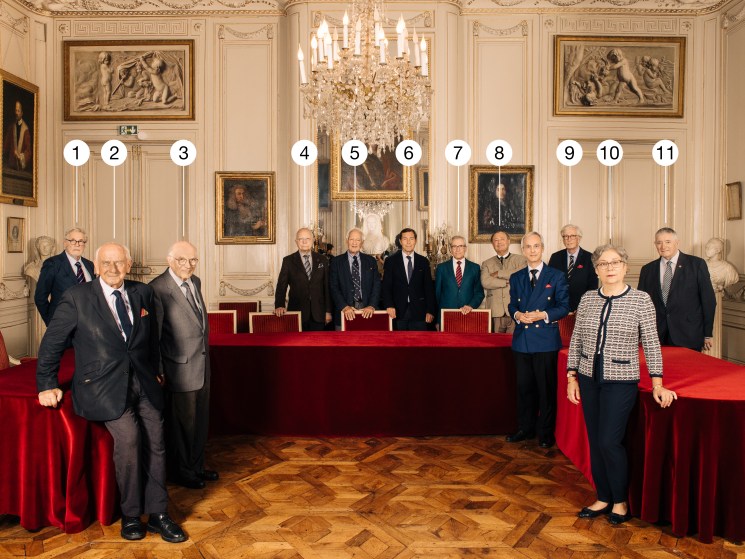
- 176 | Issues
- 3 min read


